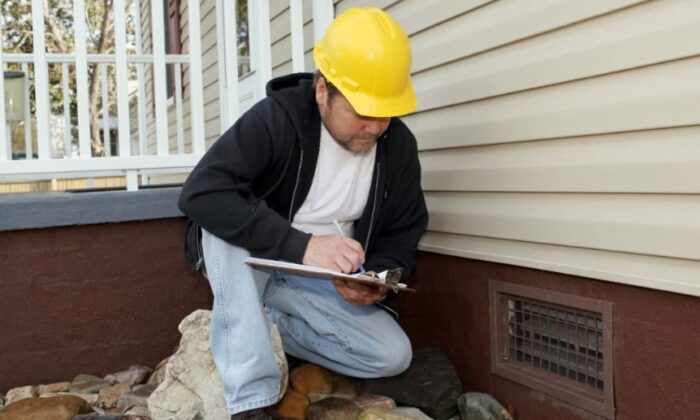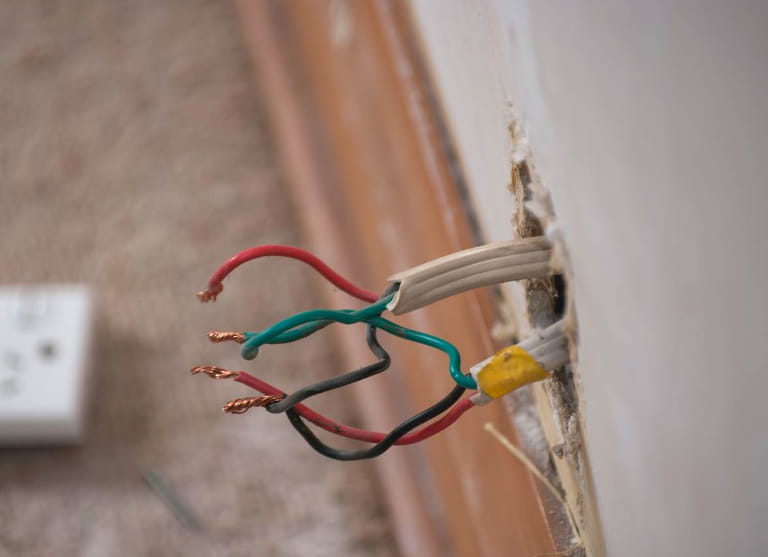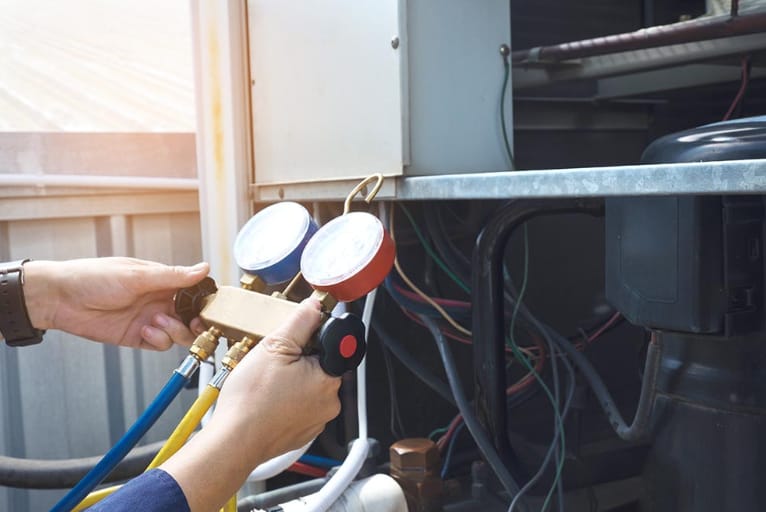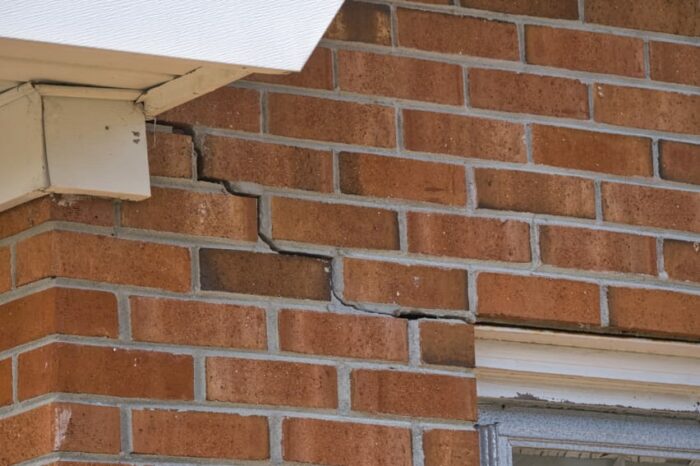Buying a home is one of the most significant investments you’ll make in your lifetime. To protect your investment and ensure you’re making a sound purchase, a home building inspection is a crucial step in the home-buying process.
A professional inspection helps identify any potential issues with the property that may affect its safety, integrity, and value. In this blog post, we will delve into common issues that are often identified during a comprehensive home-building inspection.
Foundation problems

The foundation is the backbone of a home, providing stability and support for the entire structure. During an inspection, the inspector carefully examines the foundation for any signs of damage or instability.
Cracks in the foundation, uneven settling, or gaps between walls and the foundation can indicate potential problems. Foundation issues can lead to structural instability and costly repairs if not addressed promptly.
Roofing issues
The roof is your home’s first line of defense against the elements. Inspectors look for damaged or missing shingles, signs of leaks, and problems with flashing around chimneys and vents. A compromised roof can lead to water infiltration, causing interior damage, mold growth, and potential structural issues.
Electrical deficiencies

Electrical safety is of paramount importance in any home. During an inspection, the electrical system is thoroughly examined for outdated wiring, improper connections, and faulty outlets.
Insufficient electrical capacity to meet the demands of modern appliances and devices is also assessed. Electrical issues pose significant safety hazards and may require rewiring to ensure the home meets current safety standards.
Plumbing leaks and problems
Water-related issues are common concerns in homes. Inspectors assess the plumbing system for leaks, corrosion, and drainage problems. Issues such as leaking pipes, faulty fixtures, or low water pressure can lead to water damage, mold growth, and compromised water supply, impacting the overall functionality of the home.
HVAC system malfunctions

The heating, ventilation, and air conditioning (HVAC) system plays a vital role in maintaining comfort and indoor air quality. During an inspection, the HVAC system is checked for proper operation, efficiency, and maintenance. Inefficient or malfunctioning HVAC systems can lead to discomfort and increased energy costs.
Insulation and ventilation
Ensuring energy efficiency and indoor comfort in our homes is something that we all desire. This can only be possible when we create a well-insulated and properly ventilated living space.
Inspectors evaluate the insulation in walls, attics, and crawl spaces using cutting-edge products such as infrared cameras to ensure that they meet the required standards. Proper ventilation in our bathroom and kitchen areas is also essential to avoid the growth of mold and moisture-related problems.
By taking these necessary steps, we can create a home that is comfortable, healthy, and cost-effective.
Structural damage

Structural issues can significantly impact the safety and stability of a home. Inspectors carefully examine walls, ceilings, floors, and beams for cracks, sagging, or signs of weakening. Structural damage may be a result of various factors, such as foundation problems, poor construction practices, or previous water damage.
Pest infestations
Unwanted pests can cause extensive damage to a home. During an inspection, inspectors look for evidence of termites, rodents, or other pests that may have invaded the property. Pest infestations can lead to costly repairs and may require professional pest control measures to eradicate the problem effectively.
Conclusion
A comprehensive home building inspection is a critical step in the home-buying process. It helps potential buyers understand the condition of the property they are considering and provides valuable insights into any issues that may need attention.
By identifying and addressing common issues such as foundation problems, roofing issues, electrical deficiencies, plumbing leaks, HVAC malfunctions, insulation, structural damage, and pest infestations, buyers can make informed decisions and negotiate repairs or price adjustments with the seller.
Home inspections are typically performed by licensed and experienced professionals who provide detailed reports outlining their findings. As a prospective buyer, it is essential to review the inspection report carefully and seek clarification on any identified issues.
Armed with this knowledge, you can move forward with confidence, knowing that your investment in a home is well-informed and protected. Remember, a thorough inspection is an investment that can potentially save you from unexpected costs and headaches in the future, making it an essential part of the home-buying journey.
 Jessica Paster The Future is Green
Jessica Paster The Future is Green